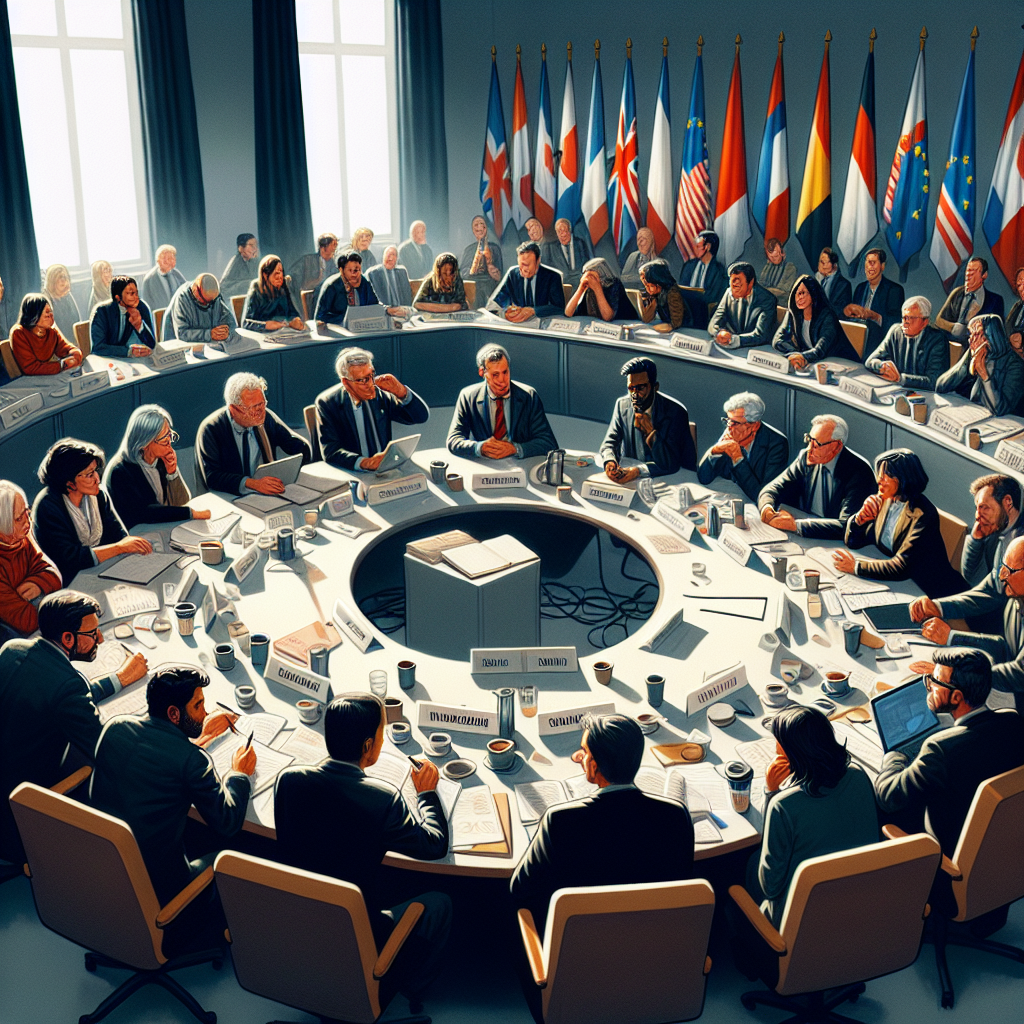European Council: Migration Debates Spark Tensions
-
Table of Contents
European Council: Migration Debates Spark Tensions

Overview of the Situation
The European Council recently convened to address the pressing issue of migration, a topic that has historically been a source of contention among member states. The discussions have reignited tensions, highlighting the diverse perspectives and challenges faced by different countries within the European Union.
Key Points of Contention
- Disparities in Migration Burden: Southern European countries, such as Italy and Greece, continue to bear the brunt of incoming migrants, leading to calls for a more equitable distribution of responsibilities across the EU.
- Policy Divergence: There is a significant divide between countries advocating for stricter border controls and those pushing for more humanitarian approaches to migration.
- Financial Implications: Discussions also centered around the financial support required to manage migration effectively, with some nations demanding increased funding from the EU budget.
Responses from Member States
Member states have expressed varied reactions to the ongoing debates:
- Italy and Greece: These countries are urging for immediate action and support, emphasizing the unsustainable pressure on their resources.
- Germany and France: While supportive of a unified approach, they stress the need for a balanced policy that considers both security and humanitarian aspects.
- Eastern European Nations: Countries like Hungary and Poland remain firm on their stance against mandatory migrant quotas, citing sovereignty concerns.
Potential Outcomes and Future Steps
The European Council is tasked with finding a compromise that addresses the concerns of all member states while ensuring the humane treatment of migrants. Potential outcomes include:
- Revised migration policies that aim to balance security and humanitarian needs.
- Increased financial aid and resources for frontline countries.
- Enhanced cooperation with non-EU countries to manage migration flows more effectively.
Conclusion
The migration debates within the European Council underscore the complexity of achieving consensus on such a multifaceted issue. As tensions persist, the need for a collaborative and comprehensive approach becomes increasingly evident. The outcomes of these discussions will likely shape the future of migration policy within the European Union, impacting both member states and migrants alike.
















